Landlords are the Localest Branch of Local Government
This article was originally published, in slightly different form, on Seth Zeren’s Substack, Build the Next Right Thing. It is shared here with permission.
“I was never prouder the first time my six-year-old daughter pointed out a building with peeling paint and said ‘they should take better care of it.’”
Hi everybody, my name is Seth, and I’m a landlord.
Ten years ago, I left my job as a city planner to try my hand at getting things built. I got an interview for a job with a mixed-use developer working in the Boston area, and so I’m practicing for this interview, with my father-in-law, MBA.
We’re talking about the job and the reasons I want to be a developer, and he surprises me by asking: “How do you feel about making money?”
I paused.
I had some nice answer—about how making money was a necessary evil, or a useful fuel, or something we could achieve along with social and environmental goals.
And he stopped me. “No, no that’s all wrong. When they ask you, ‘Do you like making money?’ You say, ‘Yes.’”
And wouldn’t you know? In that interview—the founder, probably looking at my planning resume, asked me straight out: “How do you feel about making money?”
And I said, “I like it very much!”
So, I got the job.
When I first became a landlord, I would laugh a little when I said it. I mean—I’m not literally a lord. We don’t even have lords in this country. I mean, look at this guy…
We rent apartments, not farmland.
So, why am I a “land lord,” exactly?
Well, if you’ll permit me to indulge my inner history major…
A long time ago, after the fall of the Roman empire (and all the people who ran it). The new kings dividing up Europe needed people to run things. So, they gave their loyal knights land and made them “lords.”
These new “land lords” got rich from their estates, but with rights came responsibilities.
In addition to fighting for the king, the lord of the manor was also responsible for:
Maintaining roads.
Rooting out brigands.
Collecting taxes.
Running local courts, etc.
Landlords were literally local government.
Now, a lot has changed since then… Enclosure of the commons, industrialization, urbanization, democracy…
Notably, we can buy and sell land, which was literally not a thing. (The king gave you that land, you couldn’t sell your title to some nouveau riche merchant…until you could.)
And governments are a lot stronger—for example, we no longer expect local squires to maintain the roads.
But nevertheless, landlords still have a lot of responsibilities.
After almost a decade in real estate, I don’t giggle when I call myself a landlord anymore.
I groan. Because this is now my problem. (Dumping, tenants, dumpster companies, rats…)
Landlording is a constant stream of problem solving.
Who do you call when another tenant down the hall is smoking in their unit? You call the landlord.
When there are rats in the public alley behind the building. Who do you call? The landlord.
Who do you call when the street in front of your storefront starts to flood? You call the landlord (and then I call DPW).
Who do you call when the smoothie shop next door starts running boozy salsa nights without permits? You call the landlord.
When overnight the police take all the on-street parking in front of your building for their new vehicle inspection station, who calls the mayor? The landlord.
And when you see this happening at the mill next door…
Who do you call? The landlord (and then I call the EPA). Which reminds me, I really need to make a follow-up call there…
In the Strong Towns movement we talk about this idea called “subsidiarity.” You can listen to Chuck Marohn talk all about it on this podcast.
But, in short, subsidiarity the idea that problems should be solved at the smallest scale, as close to the problem as possible.
Sometimes it's hard to visualize what that would look like. I mean, isn’t, like, the “government,” just the government?
Well, this is what subsidiarity looks like.
No one elected me. I literally bought my way in by investing in buildings and land.
But here I am helping run the city at the finest grain. (You know, kind of like a “land lord.”)
So, given that, how do I take this seriously? How can I be a “good landlord”? How should anyone be a good steward of the land?
To look for answers, I turned to one my favorite authors, Aldo Leopold, grandfather of land ecology:
To paraphrase Leopold writing on land ethics:
When we narrowly focus on economic self interest, we neglect, and thus eventually eliminate, many elements from the community that lack commercial value. We assume, falsely, that the economic parts will function without the uneconomic parts. We then try to pawn all the responsibilities for community life onto government. But collectively all those non-economic things are too large, too complex, or too dispersed to be run from a downtown office building.
If landlords are actually a branch of local government, we need some ethics beyond just economic expediency.
To paraphrase Leopold again:
Decent land use is not solely an economic problem… A thing is right when it tends to preserve and enhance the prosperity, resilience, and beauty of the urban community.
By maximizing delight per square foot, I also maximize investor and community returns over the long term.
How do I do this?
Walk the neighborhood daily; get to know the nooks and crannies.
Take your lashes: take the yelling without yelling back.
Build relationships and follow through with what you say you’ll do.
Solve problems, even where you don’t get paid.
Invest in things that make people smile.
Owning private property is what makes it possible, passive cash flow, that allows me to take the time to do this.
Not everything is best run by committee—having unique decision makers quickly trying things out is good.
I have skin in the game. I only get paid if I create real value, not just for clocking in and following the rules.
I can’t tell you how gratifying it is to be a steward for our buildings and neighborhood.
They were here before me. They will be here after I’m gone.
I was never prouder the first time my six-year-old daughter pointed out a building with peeling paint and said “they should take better care of it.”
I’m not calling for a bunch of new laws. I don’t want to spike the proforma, development is too hard, as it is. Good landlording can’t be regulated into existence
It must be learned through trial and error and fellowship among landlords who nurture their neighborhoods long term.
I hope you’ll join me.
Because landlords are the local-est branch of local government, and it’s time we take that seriously.


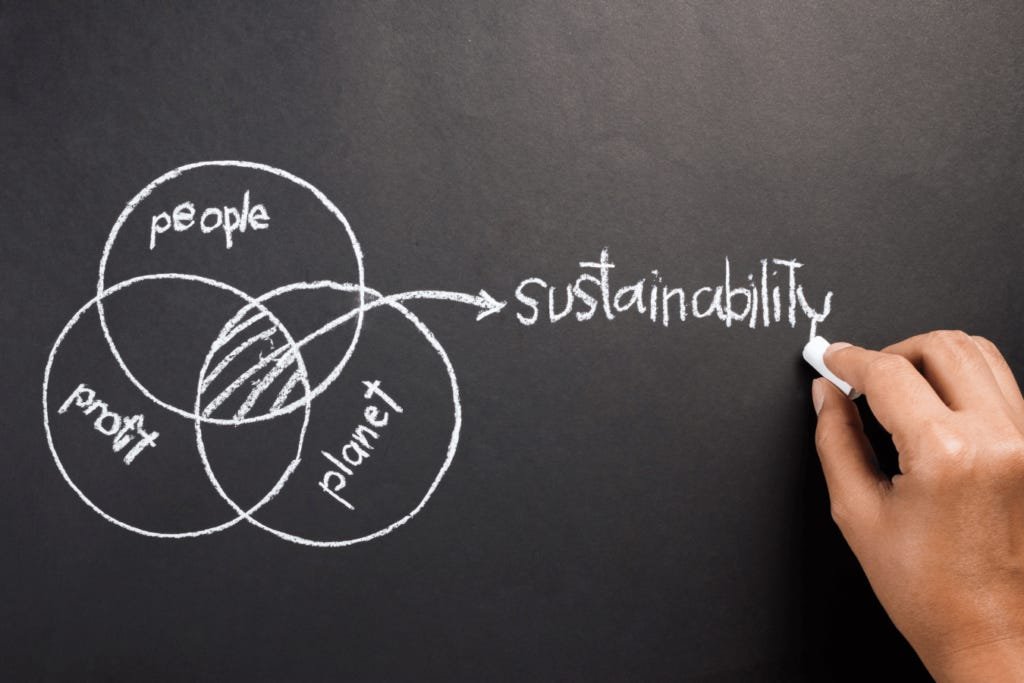







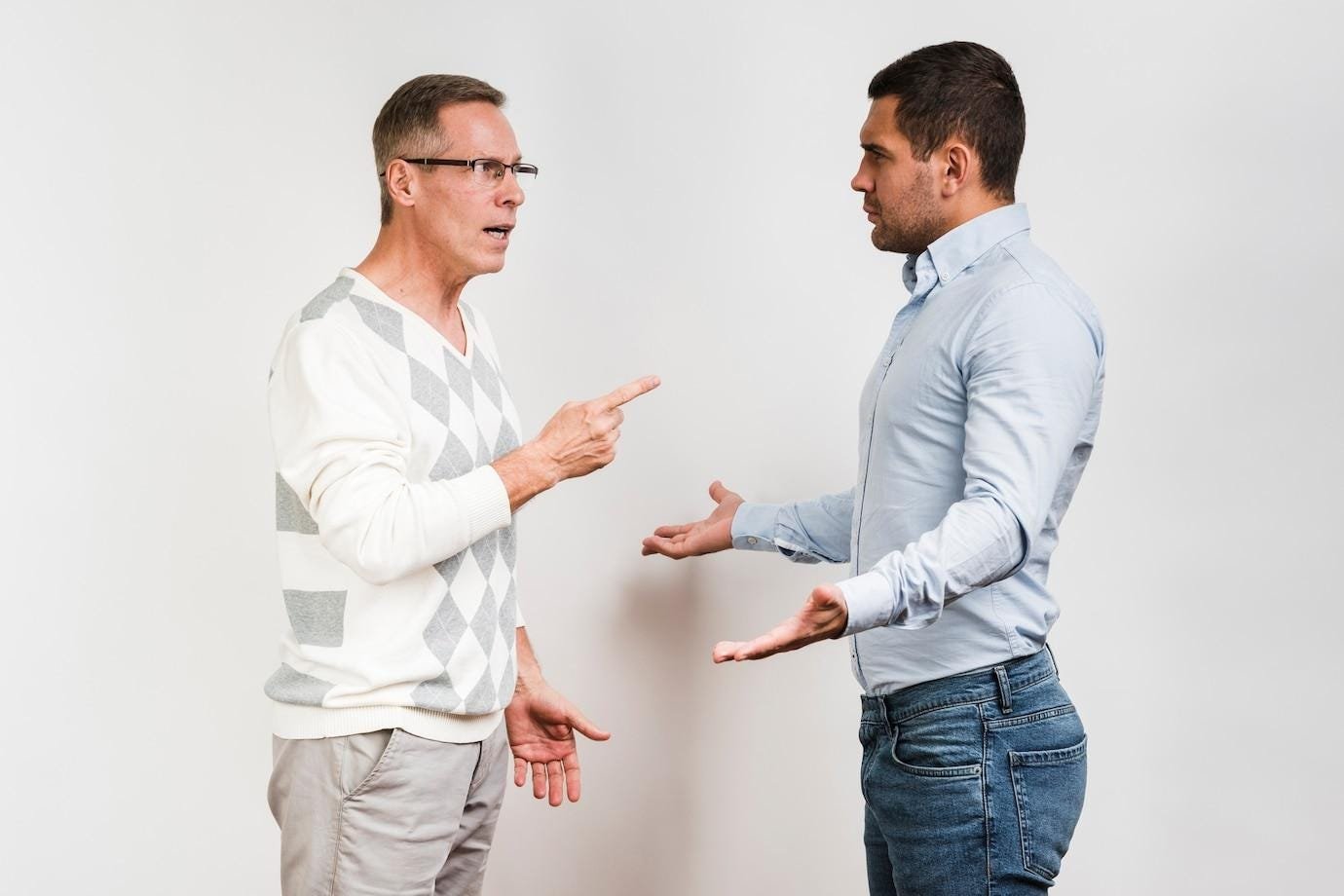

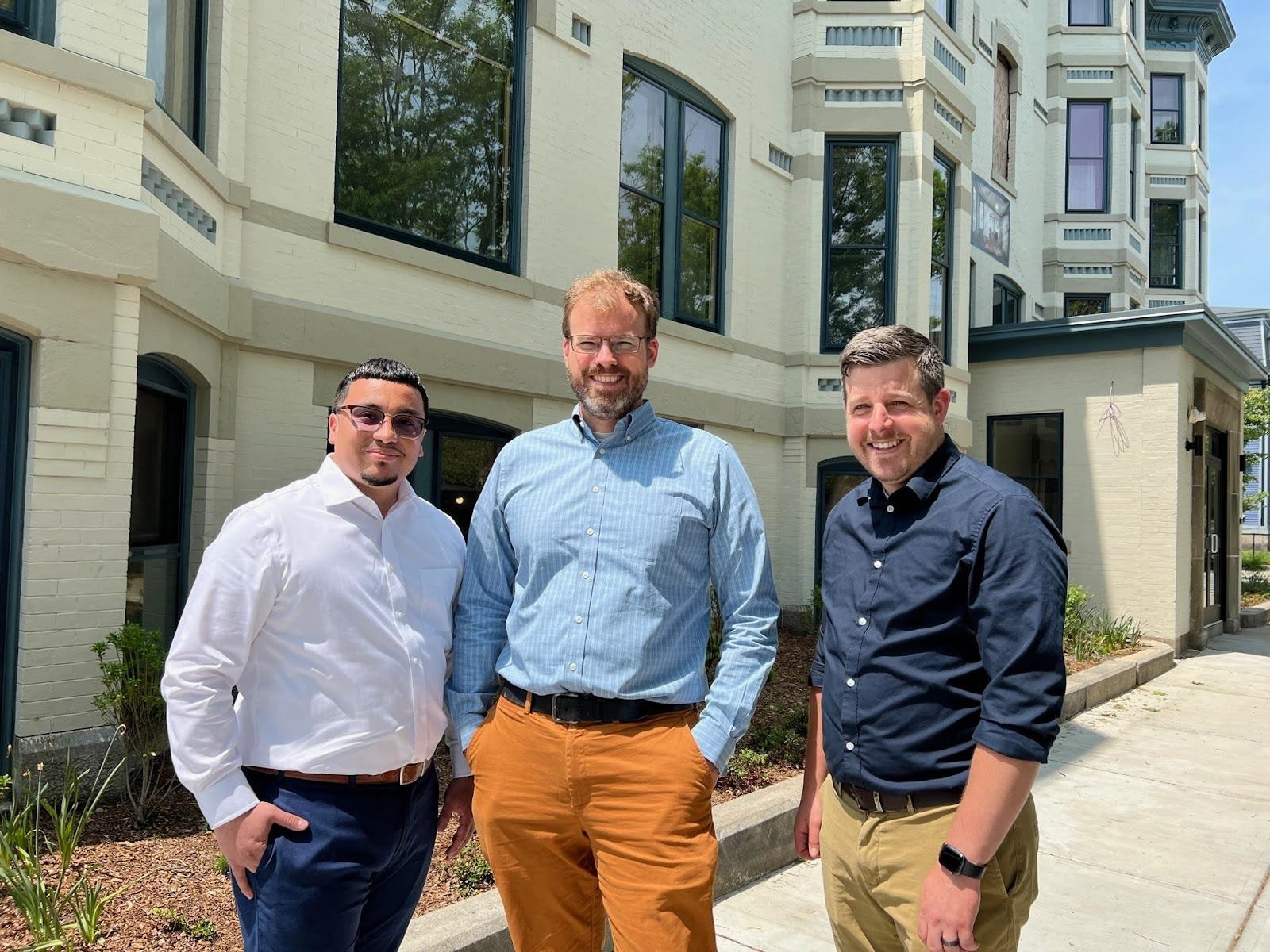

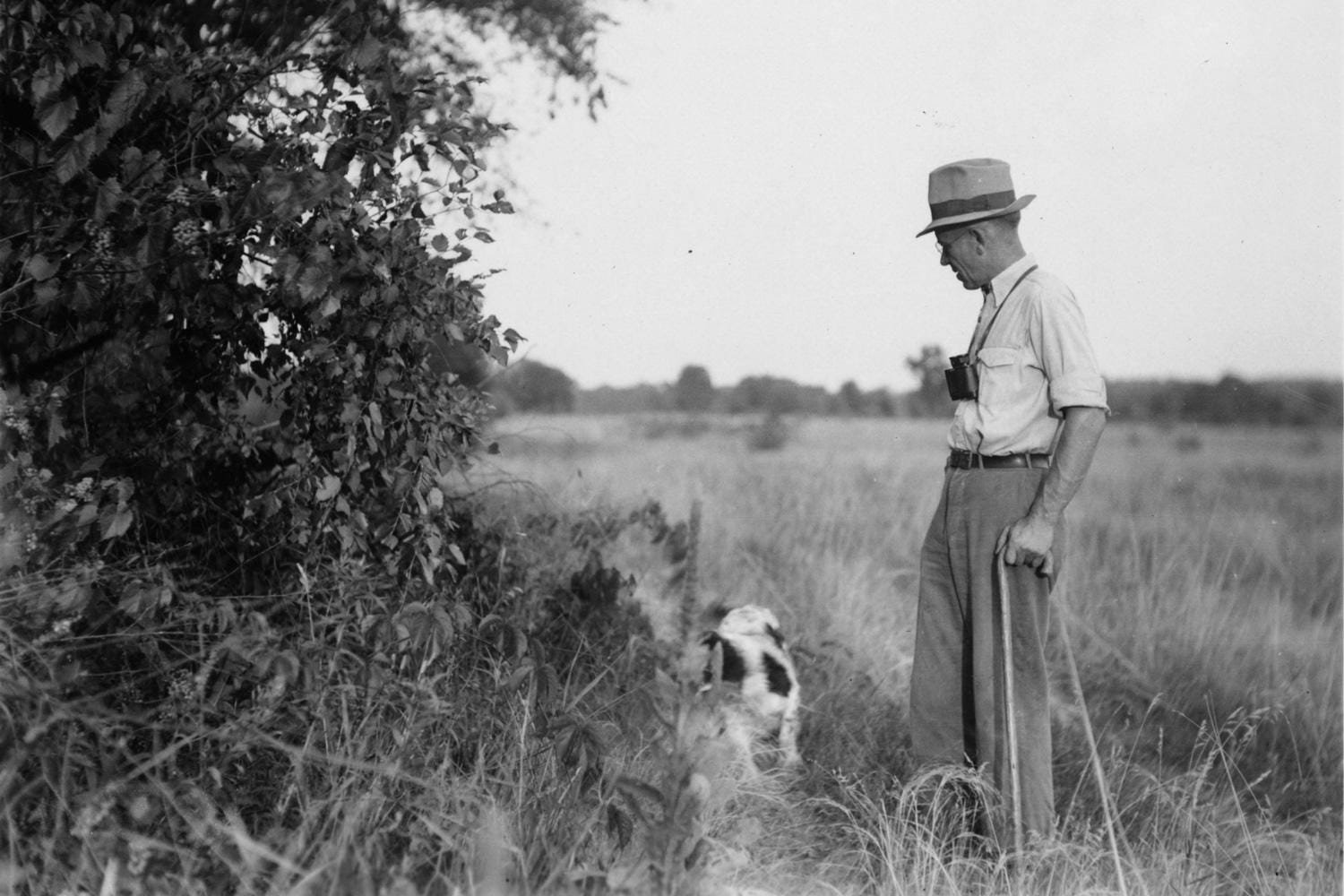




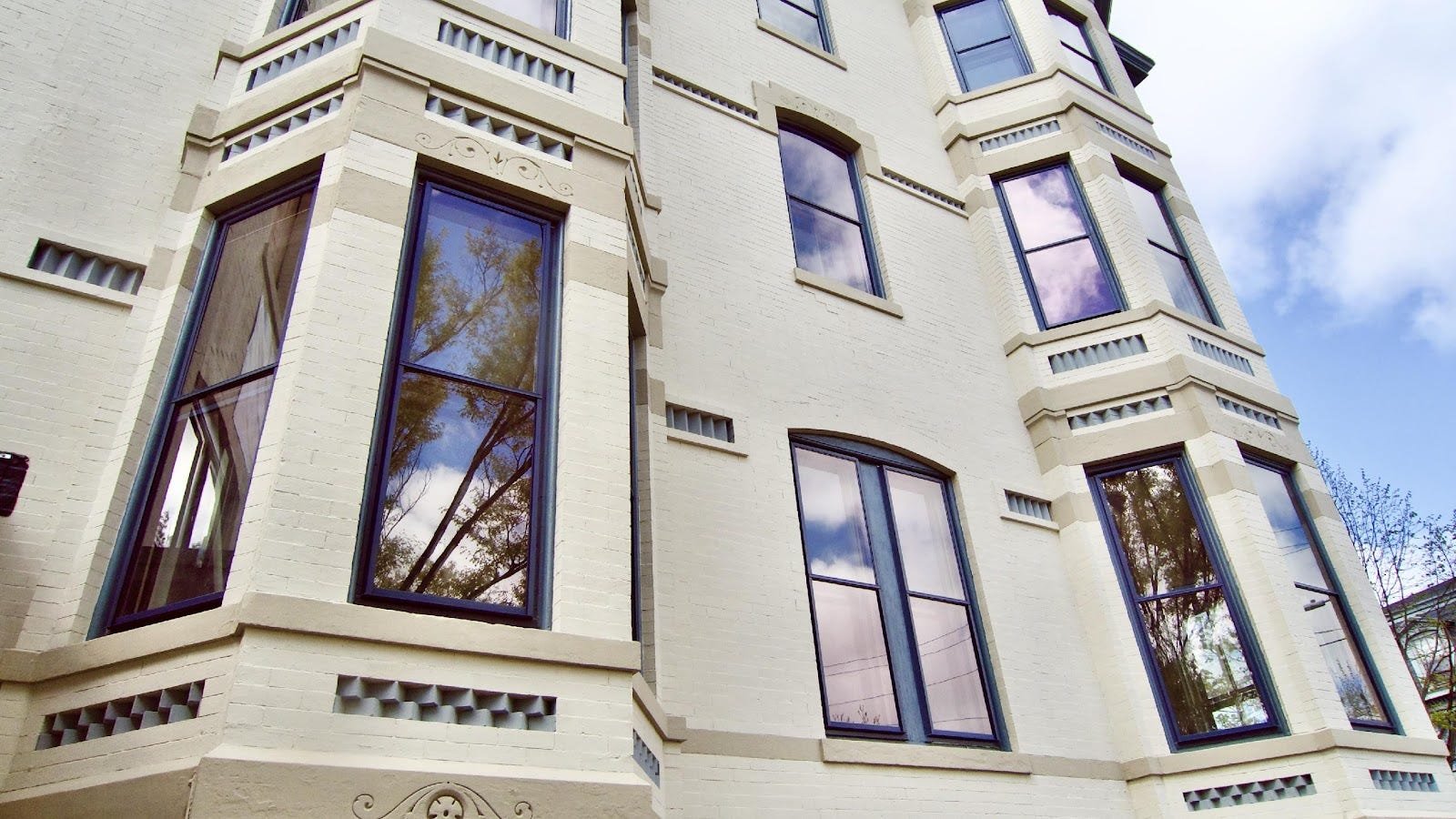




Seth Zeren is a recovering city planner turned neighborhood developer, advocate, and educator. Seth is a founding member of Strong Towns and occasional contributor over the years. He grew up in the San Francisco Bay Area before moving to the East Coast for college and settling down in Providence, Rhode Island, where he lives with his wife and two young kids. He writes at Build the Next Right Thing.